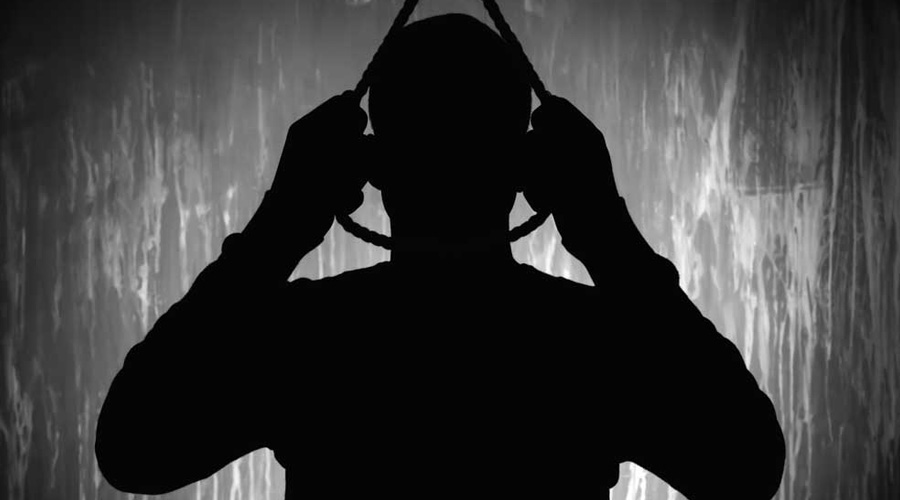Abetment of Suicide Law: The Supreme Court of India has recently underscored the importance of a more sensitive approach by investigative agencies and courts in handling abetment of suicide cases under Section 306 of the Indian Penal Code (IPC). This follows a case where a bank manager was accused of pressuring a borrower, who subsequently died by suicide. The court’s judgment aims to curb the misuse of this provision as a means to placate grieving families.
Understanding Abetment of Suicide Law
Abetment, as defined under Section 107 of the IPC, involves instigating, conspiring, or intentionally aiding another person to commit an act. In the context of suicide, this requires evidence that the accused actively encouraged or facilitated the deceased in ending their life.
Legal Implications
Under Section 306 IPC, the punishment for abetment of suicide includes imprisonment of up to 10 years and a fine. However, the conviction rate for such cases stood at only 17.5% in 2022, significantly lower than the overall IPC conviction rate of 69.8%.
Case Overview
This discussion stems from a case involving a bank manager accused of harassing a borrower who died by suicide in October 2022. The deceased left a note alleging harassment over loan repayment, which became the basis for the charges filed against the manager.
Judicial Journey
- Trial Court: In February 2023, a Madhya Pradesh trial court framed charges against the bank manager.
- High Court: The decision was upheld in July 2023, citing prima facie evidence of harassment.
- Supreme Court: The manager appealed to the Supreme Court, seeking relief.
Supreme Court Verdict
On January 15, 2025, the Supreme Court discharged the bank manager, emphasizing the need for legal proceedings to reflect the complexities of real-life situations. It also warned against relying on informal interactions as evidence of instigation in such cases.
Prosecution Standards
The Supreme Court has raised the bar for proving abetment in workplace-related cases, mandating clear evidence of the accused’s intent to cause suicide and direct encouragement of the act.
Legal Precedents
Key judgments, such as M Mohan v The State (2011) and Ude Singh v State of Haryana (2019), have established that abetment involves an active act that leaves the deceased with no alternative but suicide. Courts are required to thoroughly evaluate the accused’s conduct before arriving at a conclusion.
Shifting Legal Perspectives
The Supreme Court’s call for a nuanced approach reflects a balanced interpretation of abetment of suicide cases. This shift aims to prevent unwarranted prosecutions while ensuring that genuine cases receive due attention.




